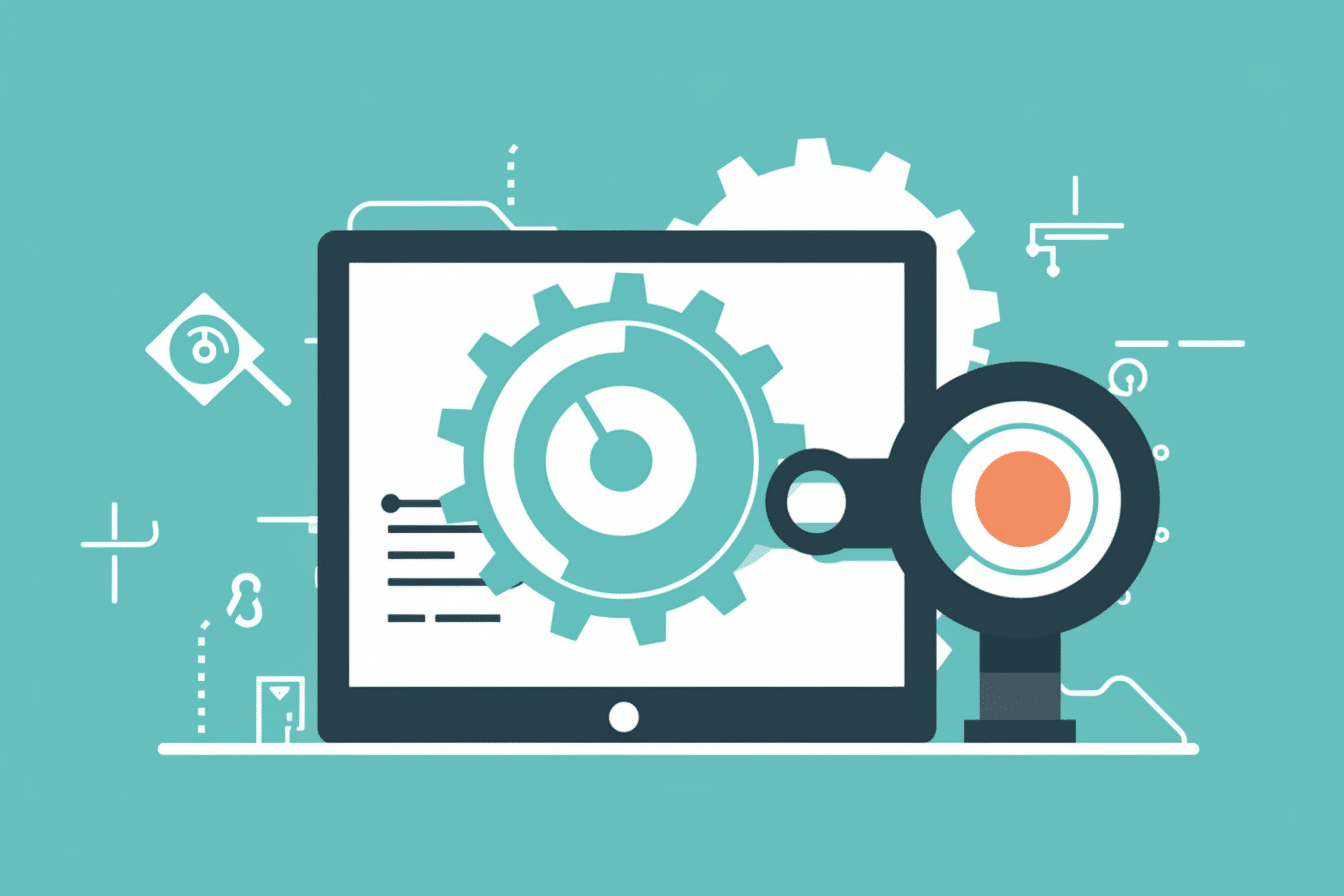
Do you often find yourself in need of data from the web? Whether it’s for market research, academic projects, or just satisfying your curiosity, web scraping can be an invaluable skill. However, web scraping isn’t always a straightforward process. Websites have defenses in place to protect their data. This is where user agents come into play. In this 6000-word guide, we will explore user agents, their significance, and how to use them effectively for web scraping. You’re about to embark on a journey that unlocks the doors to a treasure trove of data, so let’s get started.
What Are User Agents?
User agents are essentially messengers. Think of them as a way for your web browser to communicate with websites. They identify your browser and provide information about it, helping websites display content correctly. Every time you visit a website, your user agent introduces your browser and provides details like the browser type and version, operating system, and more. This data is essential for the website to adapt and present content that’s compatible with your device.
User Agents and Web Scraping

Now that we understand what user agents are, let’s explore how they come into play when it comes to web scraping. Many websites use user agent strings to detect and block automated scraping tools. They want to ensure that their data is accessed by real users and not by bots. To bypass these defenses, you need to use the right user agent for the job. We’ll delve into the importance of user agents in web scraping and why choosing the appropriate user agent is crucial.
User Agent Strings
User agent strings are your ticket to accessing websites for web scraping. These strings are unique identifiers for web browsers, and they play a significant role in how websites serve content. We’ll take a closer look at user agent strings, dissecting their components and understanding how they influence your web scraping efforts. You’ll soon be able to recognize and craft your user agent strings.
Choosing the Right User Agent

When it comes to user agents, one size does not fit all. Different websites may require specific user agents to avoid being flagged as a scraper. In this chapter, we’ll guide you through the process of selecting the right user agent for your web scraping project. We’ll also discuss the importance of user agent rotation to mimic the behavior of a regular user.
How to Set User Agents in Your Web Scraping Code
Now that you have the theory under your belt, it’s time to put it into practice. We’ll walk you through the steps of how to set user agents in your web scraping code using popular programming languages like Python. You’ll learn how to make requests to websites, set your user agent, and retrieve the data you need.
Avoiding Detection: Tips and Tricks
Web scraping may be a gray area in some cases, and websites have become more sophisticated in detecting scraping activities. In this chapter, we’ll provide you with valuable tips and tricks to avoid detection while web scraping. From using proxy servers to randomizing your scraping intervals, we’ve got you covered.
Legal and Ethical Considerations
Web scraping is a powerful tool, but it comes with responsibilities. We’ll discuss the legal and ethical aspects of web scraping, including copyright issues, terms of service, and respecting a website’s robots.txt file. It’s essential to be an ethical scraper and avoid any legal troubles.
User Agents in Real-Life Use Cases
Now that you’ve gained a strong understanding of user agents and web scraping, we’ll explore real-life applications. We’ll showcase how different industries leverage web scraping and user agents. From e-commerce to data analysis and competitive intelligence, there’s a world of possibilities waiting for you.
In this comprehensive guide, we’ve delved deep into the world of user agents and their role in web scraping. Armed with this knowledge, you’re well-equipped to scrape data from the web efficiently and ethically. Remember that web scraping should be done responsibly, respecting websites and their terms of service. As you embark on your web scraping journey, user agents will be your allies in unlocking a wealth of information. Happy scraping!
Web scraping is an art, and user agents are your brushes and canvases. With the right tools and techniques, you can paint a vivid picture of data from the vast canvas of the internet. As you apply what you’ve learned in this guide, you’ll discover the immense potential of web scraping, whether it’s for research, business, or personal projects. So, don’t hesitate; dive into the world of user agents and web scraping, and let your creativity flow.
FAQ
What is a user agent, and why is it essential for web scraping?
A user agent is a string that identifies your web browser to websites. It provides information about your browser type, version, operating system, and more. In web scraping, using the right user agent is crucial to mimic the behavior of a regular user and avoid detection as a scraper.
How do user agents influence web scraping efforts?
Websites use user agent strings to detect and block automated scraping tools, ensuring their data is accessed by real users. To scrape data effectively, you need to select the appropriate user agent to avoid being flagged as a scraper.
What are user agent strings, and how can I understand them?
User agent strings are unique identifiers for web browsers. They consist of various components that help websites serve content correctly. In the guide, we provide an in-depth explanation of user agent strings and how to dissect and understand their components.
How do I choose the right user agent for my web scraping project?
Selecting the right user agent depends on the website you intend to scrape. Different websites may require specific user agents. The guide offers insights into the process of choosing the right user agent and emphasizes the importance of user agent rotation.
Can you guide me on how to set user agents in my web scraping code?
Certainly! The guide walks you through the practical steps of setting user agents in your web scraping code, using popular programming languages like Python. You’ll learn how to make requests to websites, set your user agent, and retrieve the data you need.
Are there any tips and tricks for avoiding detection while web scraping?
Yes, we provide valuable tips and tricks in the guide to help you avoid detection while web scraping. These include using proxy servers, randomizing scraping intervals, and other strategies to stay under the radar.
What legal and ethical considerations should I be aware of when web scraping?
Web scraping comes with legal and ethical responsibilities. In the guide, we discuss copyright issues, terms of service, and the importance of respecting a website’s robots.txt file. It’s essential to be an ethical scraper and avoid any legal troubles.
Can you provide examples of real-life use cases for user agents and web scraping?
Absolutely. The guide explores various real-life applications of web scraping, showcasing how different industries leverage web scraping and user agents. You’ll find examples from e-commerce, data analysis, competitive intelligence, and more.
What’s the key takeaway from the guide?
The main takeaway is that user agents are essential tools for web scraping, helping you access data from the web efficiently and ethically. Web scraping should be done responsibly, adhering to legal and ethical guidelines while respecting websites’ terms of service.
Is web scraping legal?
Web scraping’s legality can vary depending on your location and the specific websites you are scraping. It’s crucial to be aware of and adhere to local and international laws, as well as respecting websites’ terms of service and robots.txt files. The guide provides insights into the legal considerations of web scraping.





